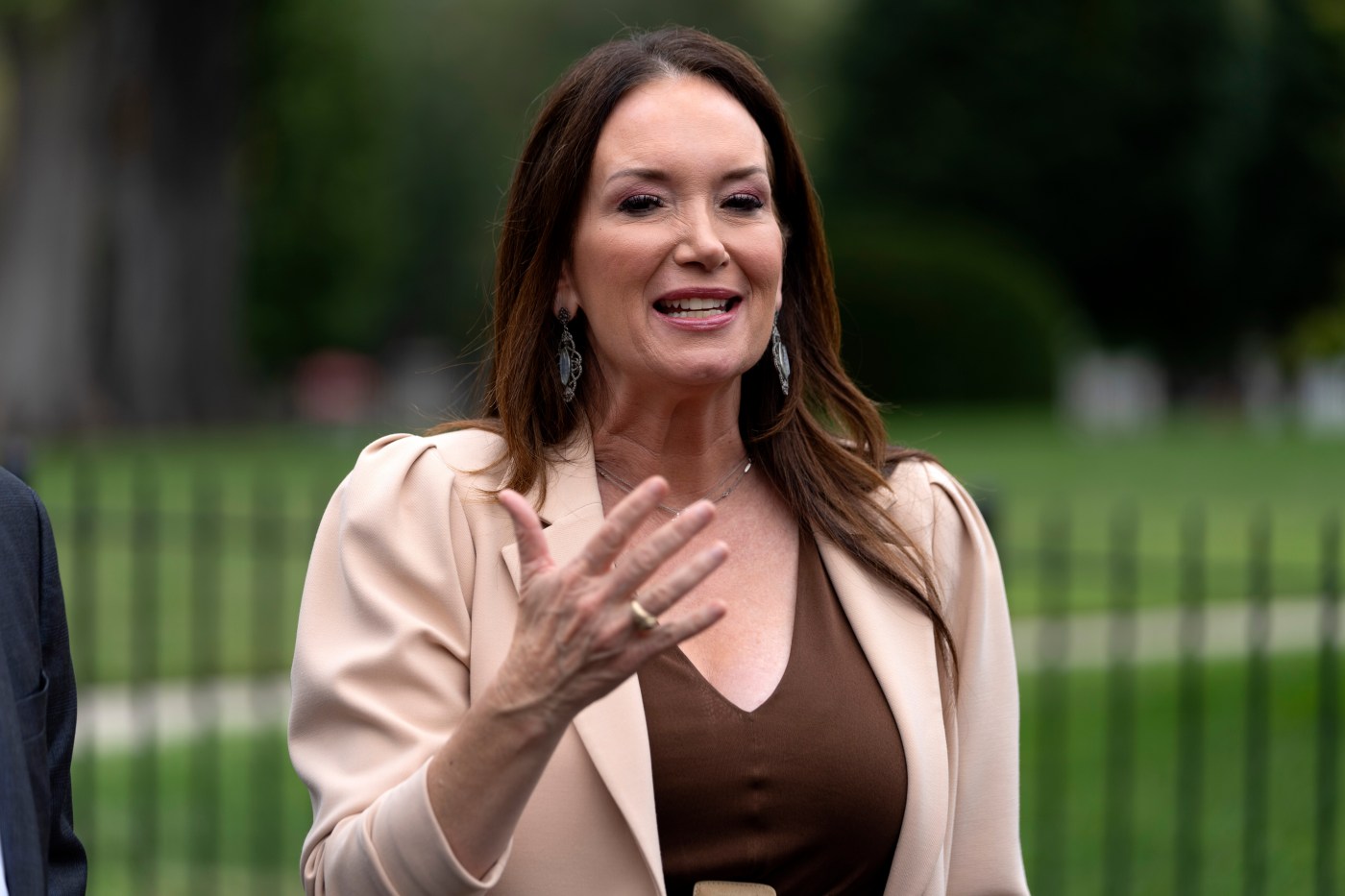Politics
Trump Administration Holds SNAP Funding Hostage, Threatening Families

Families across New York and the nation face impending uncertainty as the Supplemental Nutrition Assistance Program (SNAP), commonly known as food stamps, teeters on the brink of collapse. The program, managed by the U.S. Department of Agriculture under Secretary Brooke Rollins, is expected to cease operations on November 1, 2023, unless the federal government resolves its ongoing shutdown or allocates emergency funds to sustain the initiative.
The potential termination of SNAP is not merely a bureaucratic issue. This program provides vital support to millions of families, and its abrupt discontinuation could result in immediate and severe consequences throughout the country. The implications extend beyond hunger; they threaten the stability of entire communities.
In response to the looming crisis, New York Governor Kathy Hochul has pledged $30 million in state funding to bolster food assistance, a commendable but limited measure. This state expenditure is a fraction of the billions allocated to SNAP in New York alone, highlighting the inadequacy of state-level support to replace the federal program’s reach. Experts warn that even in an optimal scenario, many individuals will go without essential nutrition.
The ripple effects of this potential shutdown will touch every aspect of society. Families struggling to afford food are less likely to spend money in the broader economy, which can lead to decreased business revenues. Furthermore, lack of access to proper nutrition can impair children’s educational outcomes, as studies show that well-nourished students perform better academically.
The situation has prompted New York Attorney General Tish James to join a coalition representing half of all U.S. states in filing a lawsuit against the Trump administration. This legal action aims to challenge the administration’s refusal to access emergency funds that could keep SNAP operational. Observers argue that every state should be involved, as the repercussions of this impasse will affect everyone.
Critics of the Trump administration’s approach argue that the ability to maintain SNAP exists despite the ongoing government shutdown. With Congress in a state of deadlock over healthcare subsidies, the administration’s choice not to act has raised significant moral and political concerns. For those who believed Donald Trump was advocating for the working class, this situation could serve as a stark realization of his priorities.
As millions of Americans brace for the possibility of going hungry, the broader implications of this crisis unfold. The denial of basic food assistance could lead to increased healthcare costs as individuals forgo routine medical care, only to require emergency services later. Additionally, the strain on low-income families could escalate social unrest, as unmet needs often foster desperation.
In summary, the impending end of SNAP represents not just a failure of policy but a potential human tragedy. The urgency for a resolution is clear, and as the clock ticks down to November 1, the hope remains that responsible action will be taken to prevent widespread suffering.
-

 Sports2 weeks ago
Sports2 weeks agoSteve Kerr Supports Jonathan Kuminga After Ejection in Preseason Game
-

 Top Stories6 days ago
Top Stories6 days agoMarc Buoniconti’s Legacy: 40 Years Later, Lives Transformed
-

 Business2 weeks ago
Business2 weeks agoTyler Technologies Set to Reveal Q3 2025 Earnings on October 22
-

 Science2 weeks ago
Science2 weeks agoChicago’s Viral ‘Rat Hole’ Likely Created by Squirrel, Study Reveals
-

 Politics2 weeks ago
Politics2 weeks agoDallin H. Oaks Assumes Leadership of Latter-day Saints Church
-

 Lifestyle2 weeks ago
Lifestyle2 weeks agoDua Lipa Celebrates Passing GCSE Spanish During World Tour
-

 Lifestyle2 weeks ago
Lifestyle2 weeks agoKelsea Ballerini Launches ‘Burn the Baggage’ Candle with Ranger Station
-

 Entertainment2 weeks ago
Entertainment2 weeks agoZoe Saldana Advocates for James Cameron’s Avatar Documentary
-

 Health2 weeks ago
Health2 weeks agoRichard Feldman Urges Ban on Menthol in Cigarettes and Vapes
-

 Health2 weeks ago
Health2 weeks agoCommunity Unites for Seventh Annual Mental Health Awareness Walk
-

 World2 weeks ago
World2 weeks agoD’Angelo, Iconic R&B Singer, Dies at 51 After Cancer Battle
-

 Business2 weeks ago
Business2 weeks agoMLB Qualifying Offer Jumps to $22.02 Million for 2024









